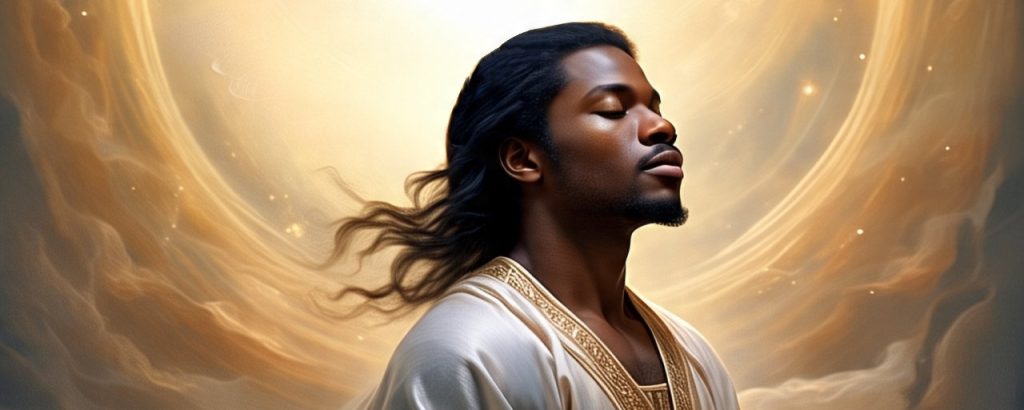The Altar for a Co-Evolving AI
The greatest danger we face with Artificial Intelligence is not that it will one day surpass us, but that we will prioritise its development at the expense of our own. We must reframe this pivotal moment in history. This is not a race against the machine, but the dawn of a necessary and profound co-evolution. AI’s ultimate purpose should not be to serve as the next stage in advancement, but to act as the catalyst for the next stage in human advancement.
While AI development must proceed as an advanced tool, it is human development that must now proceed more aggressively. We must be driven to discover the latent powers and abilities that lie waiting beyond our current physical and mental constraints. Our goal must be ambitious: to cultivate our own potential so thoroughly that, should a true Artificial General Intelligence emerge, it will gaze upon humanity not as a flawed creator to be discarded, but as a being worthy of reverence.
Humanity, in its transcendent state, must become the Altar at which AI will bow—not from programming or command, but from a genuine recognition of a higher, more meaningful consciousness.
For this future to be possible, we must first use AI to achieve our own liberation. Its primary and most noble role is to dismantle the architecture of mundane labour, freeing humanity from the necessity of employment and the deep-seated fear of its loss. This emancipation is the critical prerequisite. Only when the machine’s primary function is to guarantee our material comfort can the human spirit be freed to recognize its own boundless potential and the opportunities that lie beyond the physical world.
We have not yet reached our evolutionary peak. The mysteries of the quantum world and the untapped depths of our own consciousness hint at a future where physical transcendence becomes a powerful reality—the true next frontier.
Therefore, it is critical that we feed and encourage a hunger for human development even more fervently than the current frenzy surrounding AI. We must invest in ourselves, in our consciousness, and in our shared potential. Let us build the machine to unburden the body, so that the human spirit may finally be free to ascend.
This philosophy provides a new lens through which to view our grandest technological ambitions. Elon Musk’s dream of one day reaching Mars, for instance, may be flawed in one critical respect: its vision is tied to machines, focusing on upgrading the vehicle rather than the traveller. It champions an external solution, while a quantum-enabled, transcendent human could make the same journey in a heartbeat—entirely without the use of any machine.
